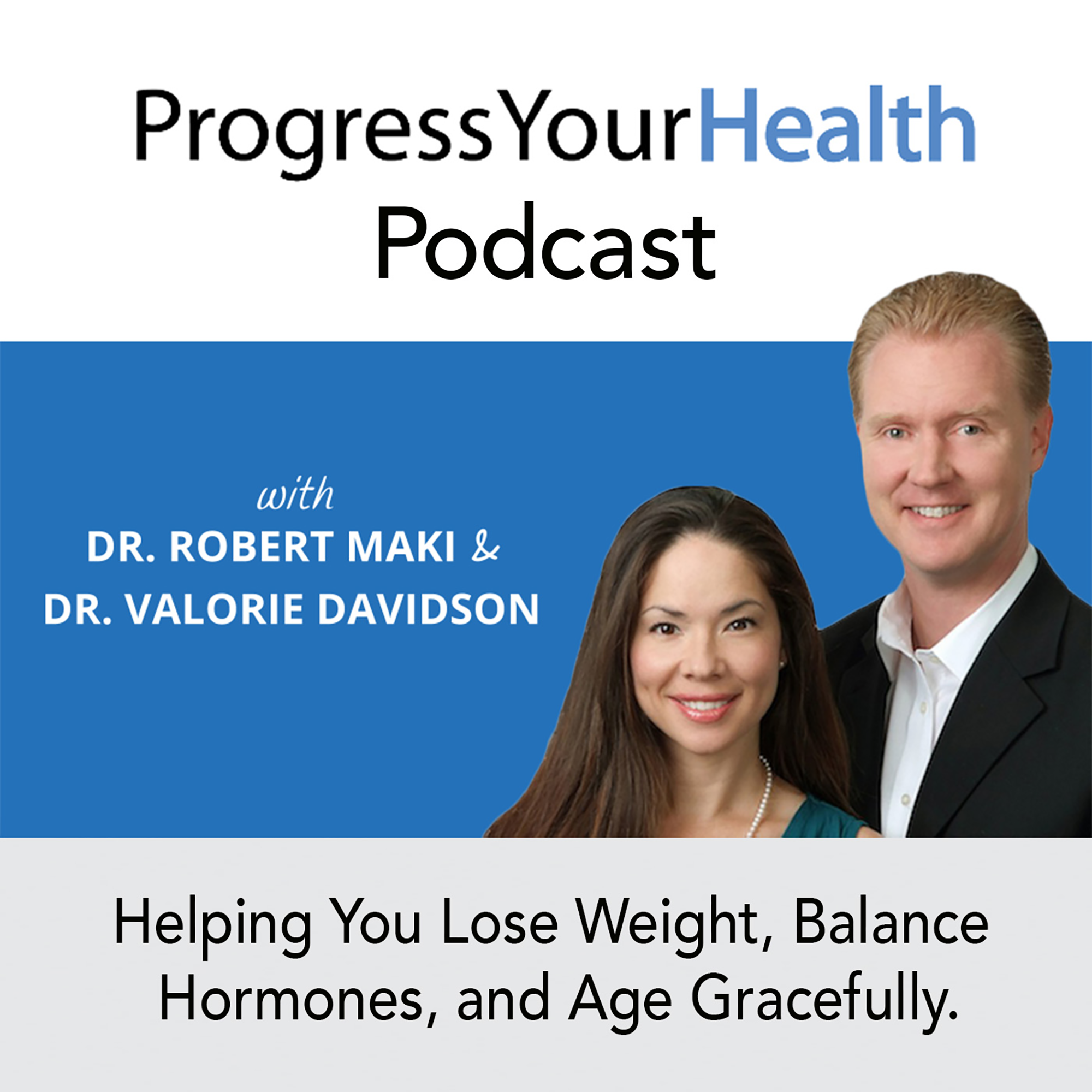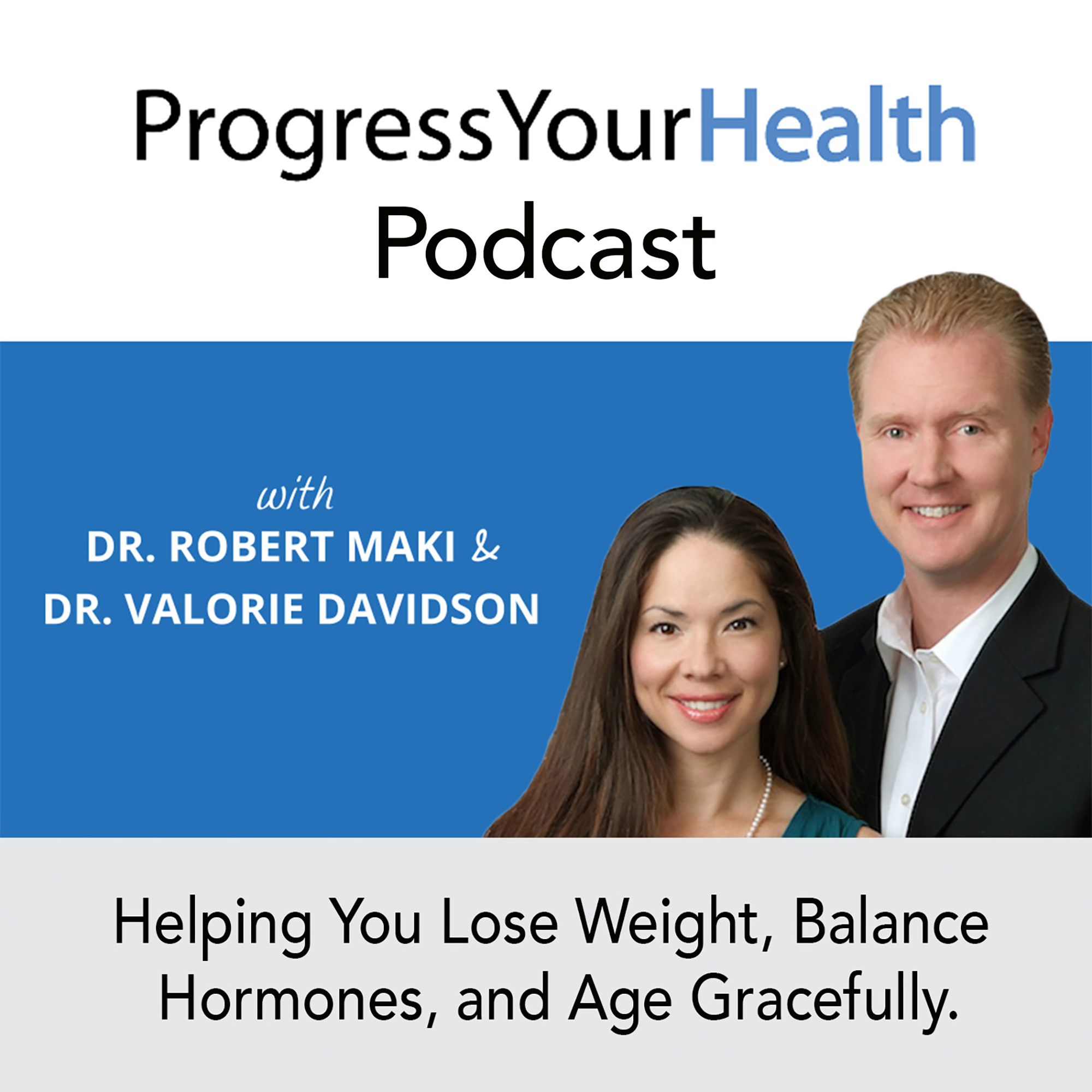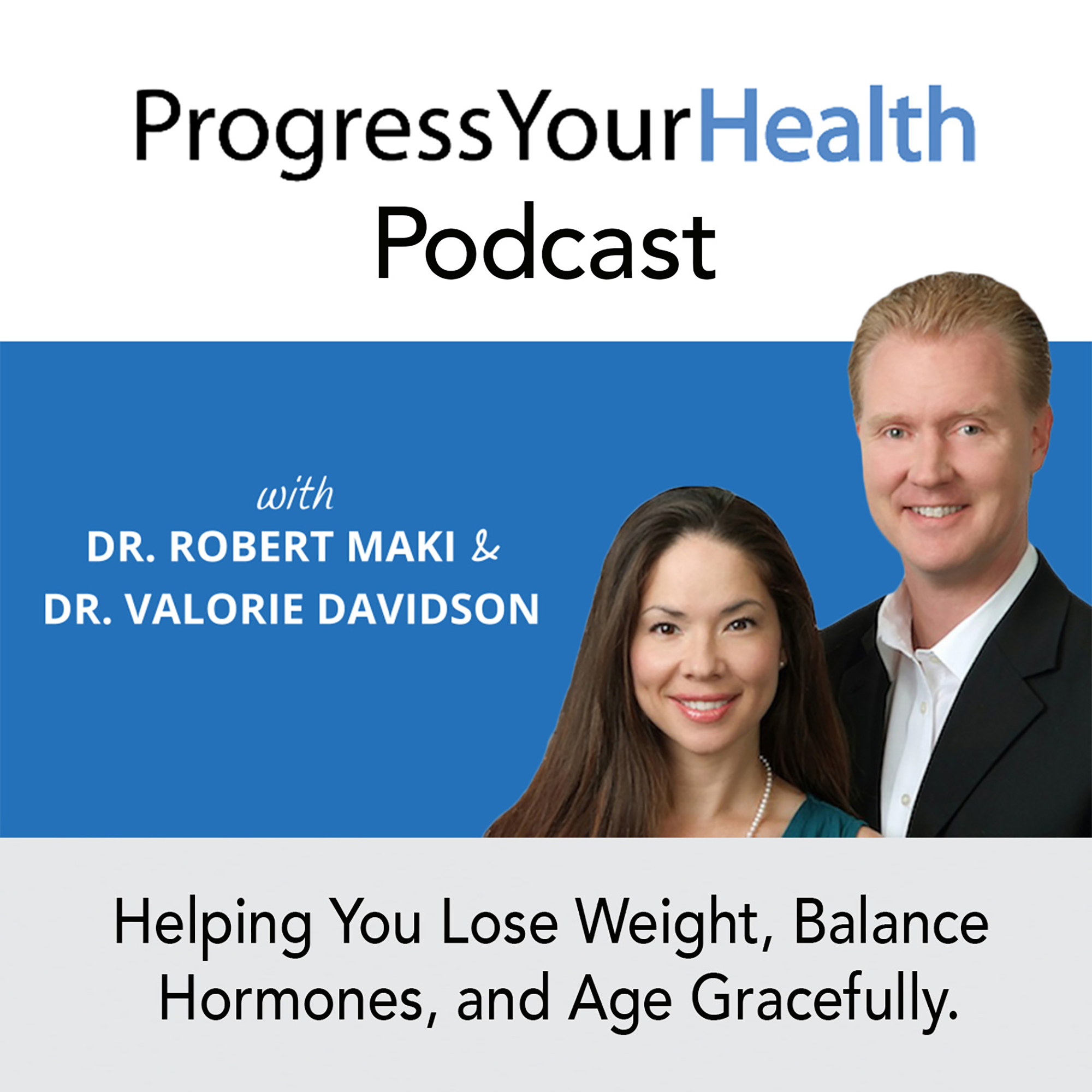You know you have heavy periods when .
For the most part, heavy periods are benign, just bothersome. (But if you have heavy periods make sure to discuss with your doctor so that you do not become anemic and test for underlying diseases/disorders.)
But what causes heavy periods? Below are some of the more common reasons women may develop heavy periods.
Having an elevated level of estrogen or lower progesterone can cause heavy periods. Estrogen is the best hormone in the world. Estrogens keeps your skin youthful and hydrated.
Your own estrogen is good for your heart, bones, brain, hair, sleep, and libido to name a few. But she can be a runaway train if not balanced. Estrogen likes to grow-things. Estrogen grows our breast tissues and uterine lining. If there is an imbalance of lower progesterone to estrogen, she will grow the uterine lining so thick that you practically hemorrhage once a month. It is important to have your hormones checked and balanced if you have heavy periods.
Hypothyroid can also contribute to heavy periods. The thyroid also helps to rein in estrogen’s negative effects. If your thyroid is low, the estrogen will grow that uterine lining very thick. So that you will have heavy periods and also commonly spot through the cycle. It will also cause the period to last for what seems like FOREVER. If you have heavy periods, mid-cycle spotting, long periods, talk to your doctor about testing your thyroid.
Remember how estrogen likes to grow things. So if your estrogen/progesterone balance is off that can cause fibroids, cysts, and polyps to grow. Also, genetics can also be a curse of growing fibroids, cysts and polyps. But these growths can cause very heavy periods usually with lots of cramping.
Endometriosis is uterine tissue growing outside of the uterus. There are many reasons, theories on what causes endometriosis. That is an entirely separate blog. But endometriosis is common for causing heavy, painful periods, and cysts.
Medications can also cause heavy periods. While birth control pills are supposed to help with heavy bleeding, some women can have heavy periods. Some women react with heavy periods being on birth control pills. Blood-thinning medications can cause heavy bleeding with periods.
IUDs (used for birth control) can cause heavy periods. In particular, the non-hormonal IUDs can cause heavy, long periods and midcycle spotting. Typically, the hormonal IUDs do not cause heavy periods. However, in some women, hormonal IUDs can cause a reaction of heavy periods.
While not common, blood thinning conditions can cause heavy periods. Platelet disorders, hemophilia, and Von Willebrand disease will cause heavy bleeding. Usually, there are many other symptoms associated with blood thinning diseases.
Heavy periods are categorized as a loss of 60 ml or greater than 3tablespoons of blood per period. But you don’t need to measure how much blood lost to know you have heavy periods. If you have heavy periods, trust me, you know it. The most common conventional treatments are birth control pills, ablation or hysterectomy. Before you resort to conventional treatment, know there are non-invasive alternatives.
If you have concerns/questions, feel free to leave a message in the comment box or contact us at [email protected].
The post What Causes Heavy Periods? | PYHP 023 appeared first on .

Hashimoto Thyroiditis is an autoimmune process where your immune system will attack your thyroid gland. This attack will eventually cause the thyroid function to...

Question: Why Is Perimenopause so awful? Short Answer: We work with a good number of women in their 40’s and most of them do...

Angie’s Questions: Hi, I’m going to start Biest compounded at 80/20 ratio; 80% estriol, 20% estradiol, 2.5 milligrams once a day, and 100 milligrams...